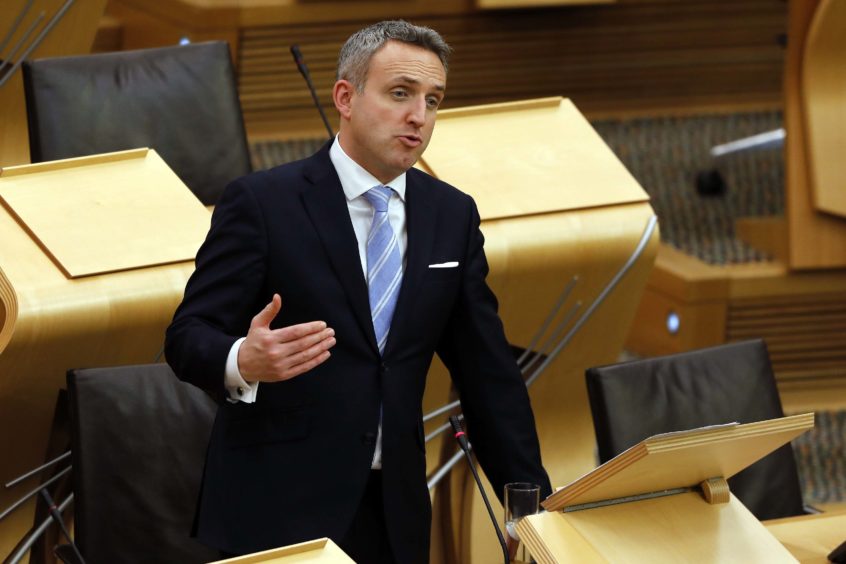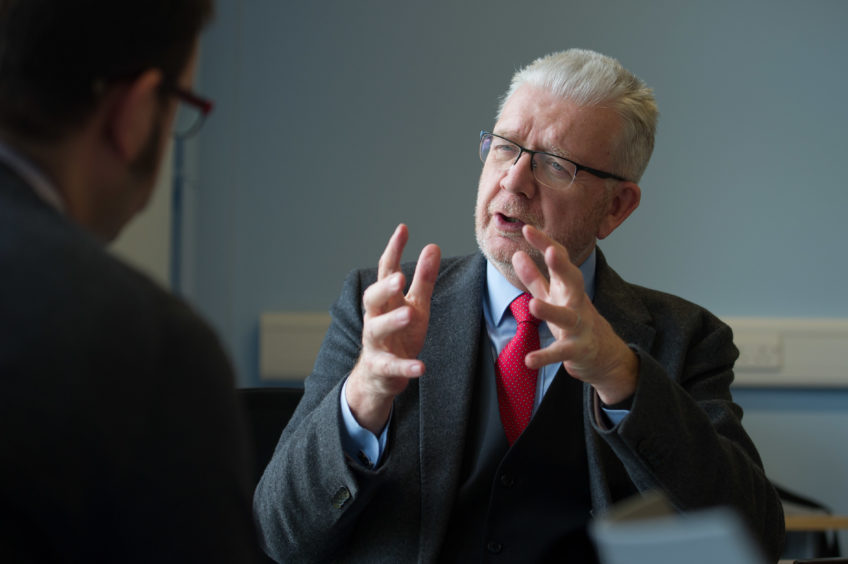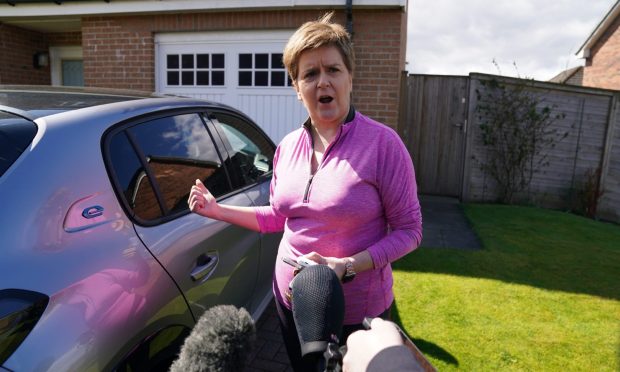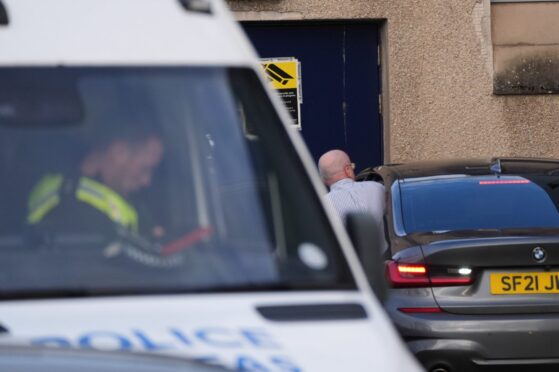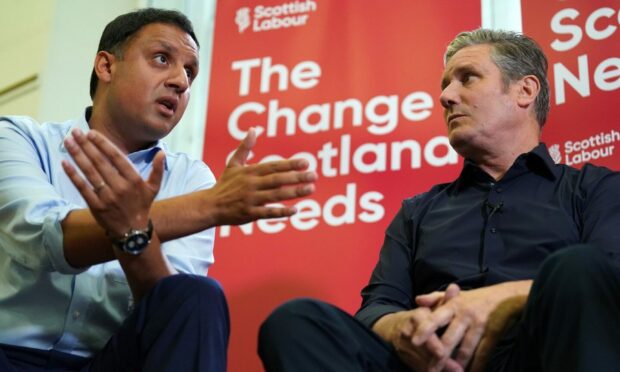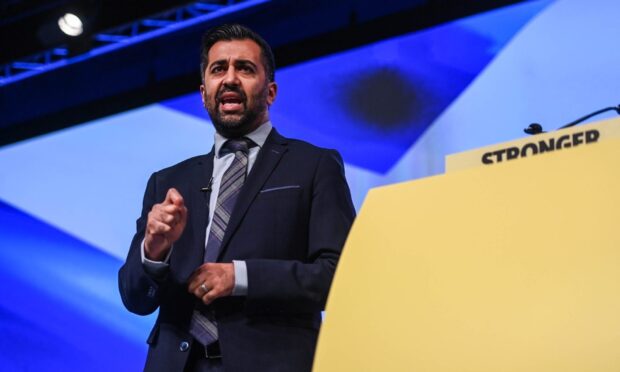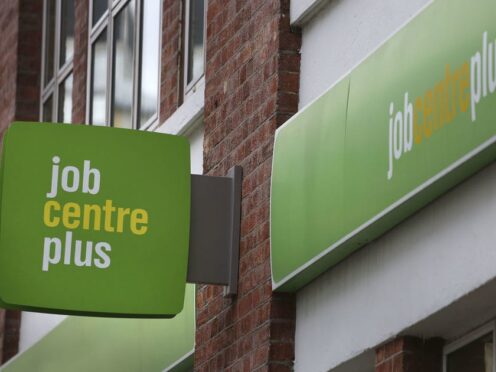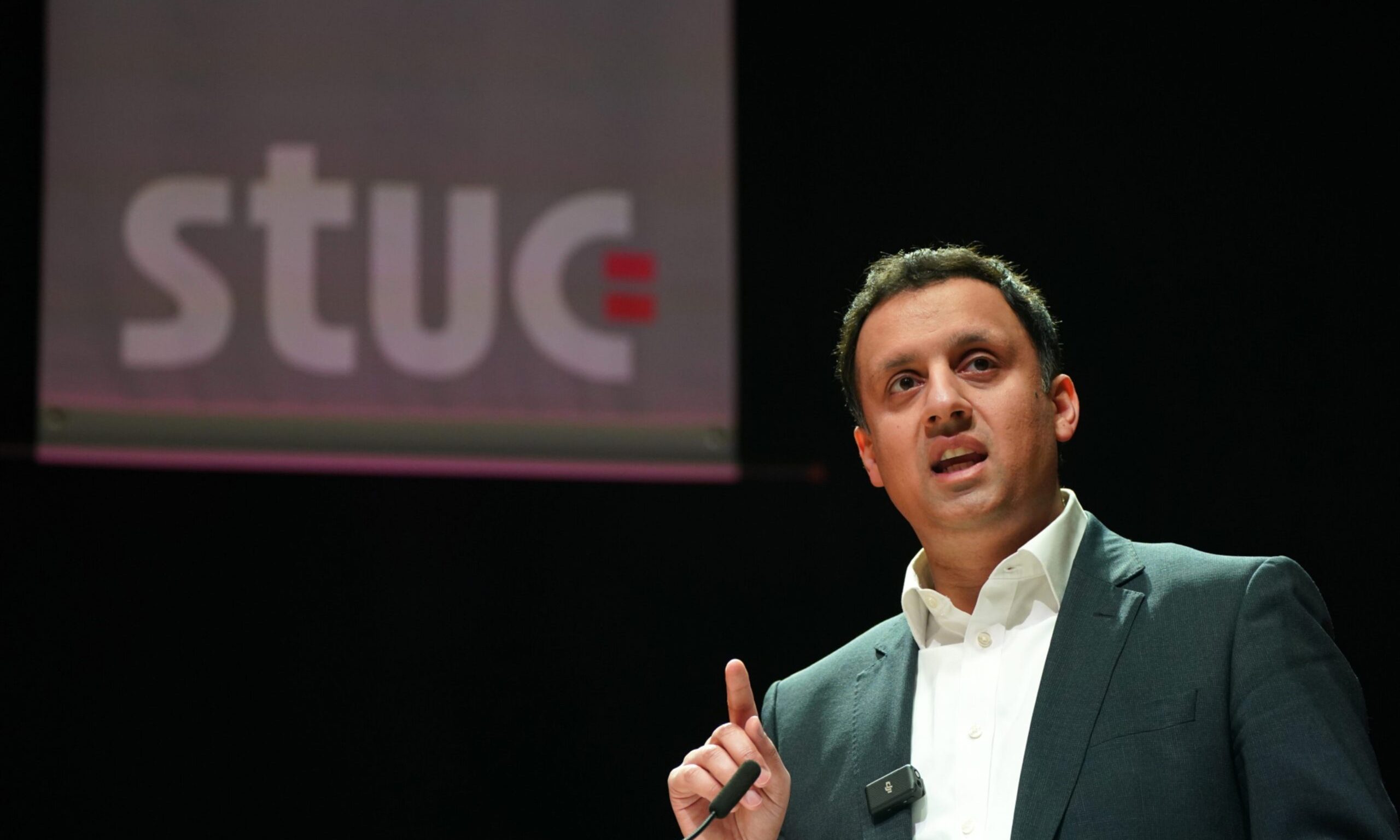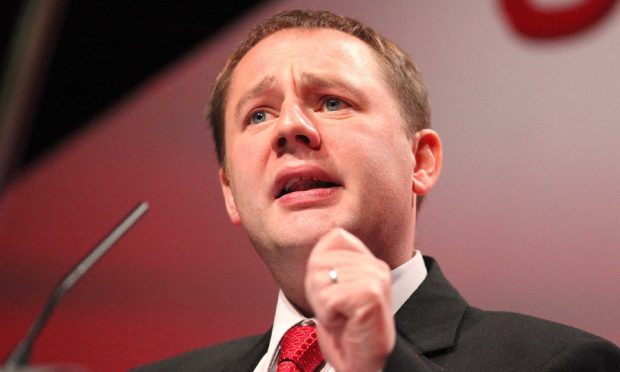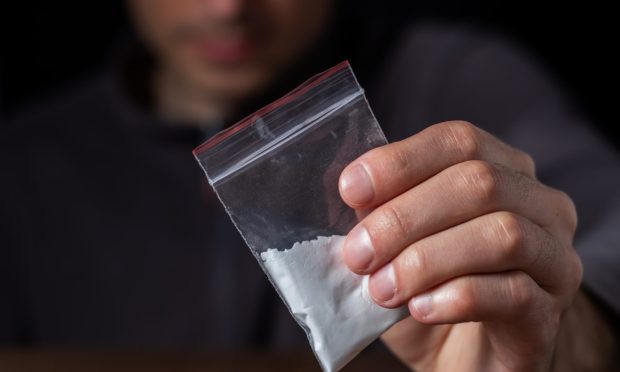Emergency powers to hold trials without juries during the coronavirus crisis have been attacked by the legal profession and opposition politicians.
Nicola Sturgeon intends to rush plans for jury-less trials and early release of prisoners through Holyrood in an attempt to deal with the coronavirus threat.
The first minister claimed prisoners would only be released before the end of their sentence as a “last resort” as she outlined the urgent measures contained in the Coronavirus (Scotland) Bill.
But on the eve of a Holyrood vote on the powers, opposition politicians and the legal profession objected to plans to temporarily abandon juries and allow judges and sheriffs to determine the outcome of major cases.
Opponents of the controversial plans claim they undermine justice and a centuries-old Scottish legal tradition, and the Tories and Lib Dems vowed to oppose them in the Scottish Parliament.
Less controversially, the legislation also includes protection for private and social sector tenants preventing them from being evicted for six months.
The main points of the legislation were set out at the daily coronavirus briefing attended by Ms Sturgeon and Constitution Secretary Michael Russell.
The move to jury-less trials has been proposed to keep the wheels of justice turning in a way that allows the public to maintain social distancing.
The proposals in this Bill include attacks on principles that have been built over 600 years.”
Ronnie Renucci QC
But it was condemned by the Scottish Criminal Bar Association (SCBA), who said trying people without a jury undermined their right to justice.
Ronnie Renucci QC, president of the SCBA, said: “The proposals in this Bill include attacks on principles that have been built over 600 years and are at the very cornerstone of Scotland’s criminal justice system and democratic tradition.
“Any changes, however temporary, should not erode important principles of our legal system which would have the effect of undermining or ignoring the citizen’s rights to justice. They should not at a stroke remove the fundamental principle of the right of those citizens charged with serious offences to a trial by a jury of their peers within a reasonable time.”
The Lib Dems laid amendments to the legislation objecting to trials without a jury on the eve of a Holyrood debate and vote on the emergency legislation.
Lib Dem justice spokesman Alex Cole-Hamilton said: “Justice cannot be compromised. It’s not safe for juries to be in close proximity at the moment, but this problem is not insurmountable.
“Jury trials should be suspended, as they have been in England and Wales, while we find new places courts can meet where jurors are at a safer distance from one another.
“Jury trials have been a feature in Scotland since the reign of Alexander II in 1230. For almost 800 years people in Scotland who are victims or witnesses have been able to give their evidence to a jury, and for the accused to know that their peers are judging them. This is not something to abandon when we can adapt to meet the challenge in other ways.”
Justice cannot be compromised.”
The Conservatives said they support “the majority” of the emergency legislation, but not the jury proposal.
“There are some amendments we would like to make, such as removing the proposal to end jury trials,” said MSP Murdo Fraser.
“Trial by jury for serious criminal cases has been part of the Scottish justice system for hundreds of years. It is an important safeguard of human rights which we would be most reluctant to see removed.”
Why might Covid-19 cause the early release of prisoners?
The Coronavirus (Scotland) legislation includes powers for the Scottish Government to release prisoners before the end of their sentence in case prison staff are overwhelmed by the virus and it becomes unsafe to operate crowded prisons at their current levels.
Constitution Secretary Michael Russell has emphasised that the Bill itself does not release prisoners, but merely hands over the power. Secondary legislation would be required for that step to be taken.
Mr Russell said: “This is not saying that this is going to take place, it is creating the circumstances in which it could take place if there was, for example, a substantial increase in the cases within the prison service. We are not at that stage but the power has to be there in case it is needed.”
Which prisoners may be released?
Nicola Sturgeon has emphasised that prisoners will only be released early as a “last resort”. But in Northern Ireland the process has already begun with fewer than 200 prisoners getting out early as they enter the last three months of their sentence.
Mr Russell stressed that prisoners serving a life sentence, or anyone convicted of terrorism or sexual crimes, will not be allowed out early. Only those coming the end of their sentences and are not deemed a threat will be eligible.
“Prisoners are not to be released if the prison governor believes they pose an immediate risk of harm to an identified person,” Mr Russell said.
Why does the Scottish Government want to hold trials minus juries?
Ministers say it is inappropriate to set up panels of 15-strong juries while social distancing measures are in place. Therefore it is proposed that judges or sheriffs deliver verdicts in trials that would have a jury under normal circumstances. The move has been agreed by the Lord President, Scotland’s most senior judge, and the Lord Advocate, Scotland’s most senior law officer.
How has this gone down with the legal profession?
This is not without precedent. Summary trials for less serious offences do not have juries. During Northern Ireland’s Troubles, so-called Diplock courts were convened where serious cases were tried by a judge minus a jury, because jurors were being threatened. However, the prospect of judge-only courts in Scotland was greeted with anger from lawyers, who argued that the jury system is the “cornerstone” of Scotland’s justice system. Ministers, however, argue that if this measure is not put in place then trials would have to stop altogether. But with the Tories and Lib Dems opposing this measure, it faces a battle to get through parliament.
What other justice measures are contained in the legislation?
The statutory time limits in criminal proceedings are to be delayed, meaning more trials could be delayed. More pre-tribunal and court work to be conducted remotely. The suspension of automatic right to an oral hearing for parole.
The time limit for unpaid work as part of Community Payback Orders will be extended and the carrying out of community sentences will be postponed.
What protection is being put in place for tenants?
This is one of the key aims of the legislation – to prevent those in rented accommodation from eviction. The legislation increases the minimum notice period for private and social tenants for up to six months. So long as there is no grounds for eviction involving antisocial or criminal behaviour. Another exception is if the landlord needs to move into the property. The Green Party, however, has been arguing for the powers to be strengthened so that landlords no longer have the ability to serve their tenants with notice to leave during the crisis.
The Greens also want measures to enable students to get early termination of their leases in private accommodation so they don’t end up paying for rooms that they cannot use.
What else is contained in the legislation?
Deadlines for public bodies responding to Freedom of Information requests are to be extended, a move that the Conservatives have reservations about. Extended planning and licensing deadlines. Councils can exclude the public from meetings. Short-term protection for debtors, extending the period for which creditors are barred from taking action against people and firms for six months.
How long will the powers last?
The draconian nature of some of these measures have caused concern and Nicola Sturgeon herself has said that in an ideal world she would not want to take these steps. But she argues that they are “necessary” under the circumstances. Ms Sturgeon has insisted they are temporary. The legislation will expire after six months, but MSPs will be able to vote to extend it for a further six months if required. If the crisis continues, there will be the option to extend if for six months beyond that, but that is the limit.
